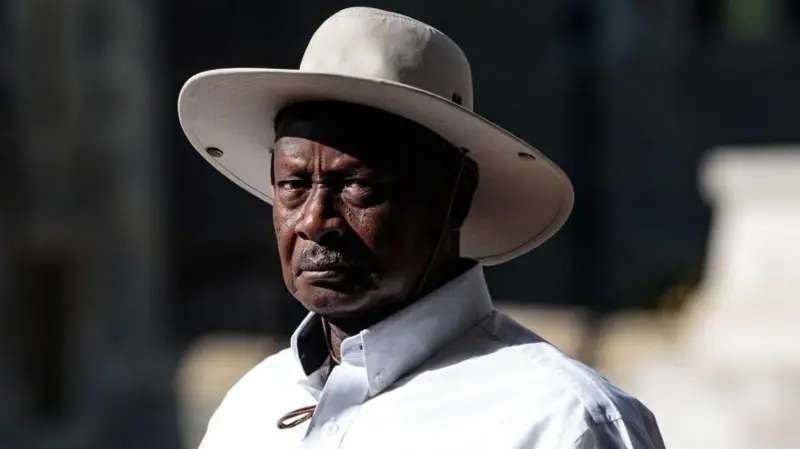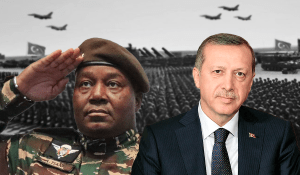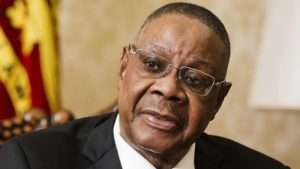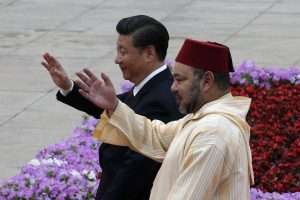Uganda: Presidential candidacy confirmed by long-term leader

Uganda’s president, Yoweri Museveni, who has ruled since 1986, has confirmed his presidential candidacy in January’s elections, the Associated Press reported on September 23.
Museveni, who has ruled Uganda since 1986, was formally declared a candidate by electoral officials after his ruling National Resistance Movement (NRM) presented over two million signatures of support. At 81, the veteran leader shows no signs of stepping aside, benefitting from a 2017 constitutional amendment that removed presidential age limits.
At a rally outside Kampala, Museveni told supporters that his campaign would focus on showcasing achievements and attracting more foreign investors to Uganda. “Our goal is to convince the people of Uganda of what has been achieved in the past and what we are planning to do now”, he said.
Museveni’s candidacy comes weeks after Uganda reached an agreement with the United States to accept deported migrants without criminal records, highlighting the internal pressures – economic strains, public health concerns and political dissent – that frame the complex environment in which he seeks another term.

But Museveni’s long grip on power has come at the expense of Uganda’s democratic institutions. Parliament remains largely subservient to the presidency, and elections since 2001 have been marred by allegations of rigging and military interference. The army is now led by Museveni’s son, fuelling speculation of dynastic succession.
The January vote is expected to pit Museveni once again against pop star-turned-opposition leader Bobi Wine, whose real name is Kyagulanyi Ssentamu. Wine, who won 35% of the vote in 2021 against Museveni’s 58%, maintains that widespread fraud denied him victory. His growing support among Uganda’s working-class urban youth presents the most serious challenge to Museveni in decades.
Uganda has one of the youngest populations in the world, with more than three-quarters under 35, according to UNICEF. Disillusionment with unemployment and governance failures has amplified support for change. Still, Museveni dismisses Wine as an agent of foreign influence, a narrative designed to rally nationalist sentiment.
For many observers, Uganda’s coming election is not simply a contest between two men but a test of whether entrenched authoritarian systems in Africa can be meaningfully challenged by younger, populist movements.
Associated Press / Maghrebi
Want to chase the pulse of North Africa?
Subscribe to receive our FREE weekly PDF magazine













